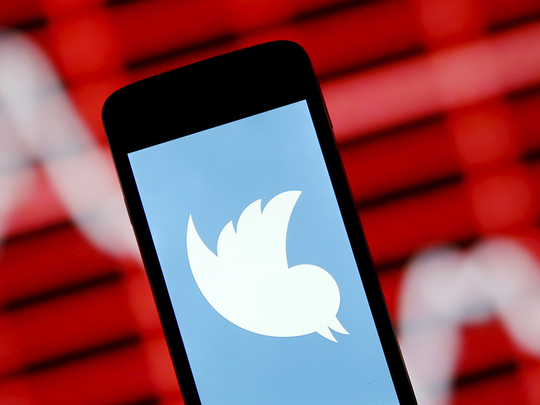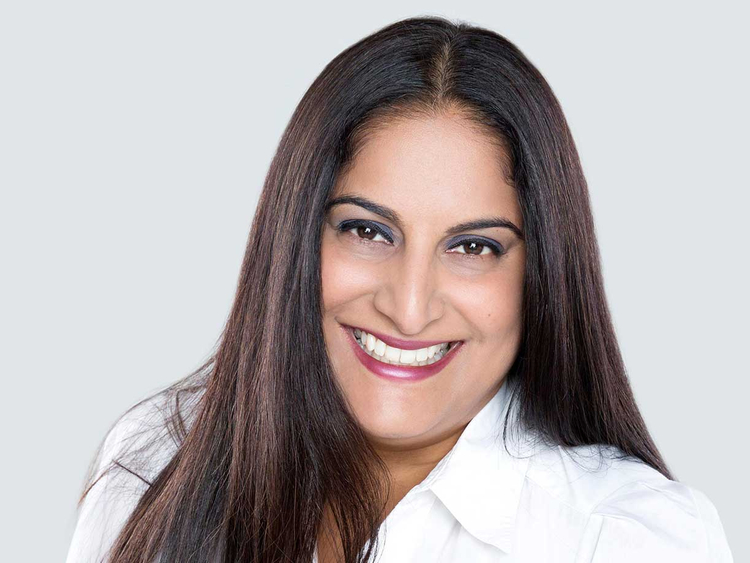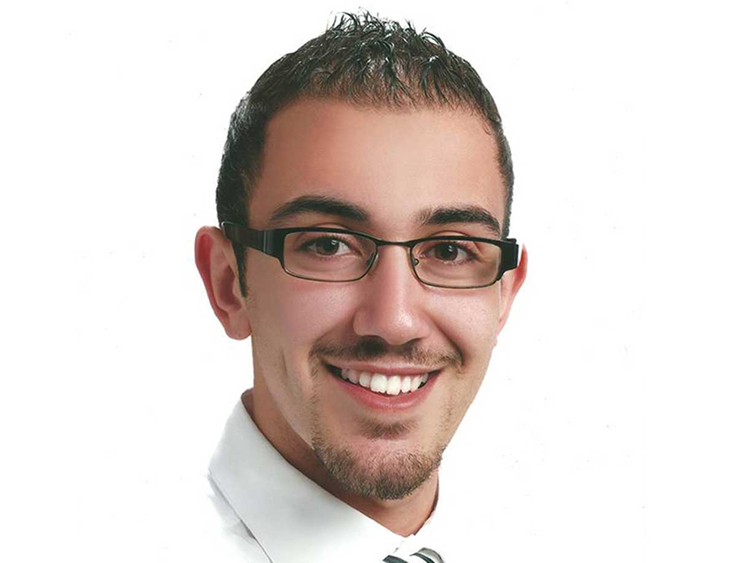
10 years ago, what started off as twttr is today the second most popular social networking website after Facebook, with 320 million monthly active users as of December 2015.
Created as a short-form messaging service allowing users to update their social status using their phone, Twitter has grown into a platform that organises conversations arounds topics, at the community, national and international level. From celebrating the #StrengthofWomen, to asserting that #BlackLivesMatter, Twitter today has become the platform you turn to whether you feel wronged by your telecom company or want to raise awareness on a mental health issue.
Since its inception on March 21, 2006, the increase in tweets and tweeps has been astounding. It took three years, two months and one day to get to the billionth tweet. Today, users send a billion tweets in a week. Hashtag by hashtag, Twitter isn’t just documenting world events, quite often it is influencing them.
When the fire at the Address Hotel raged on New Year’s Eve in Dubai, Shelina Jokhiya’s friend watched from her flat. Worried about the people who were staying there, she asked Jokhiya – an active Twitter user – to tweet that she had a bed free if any of the hotel guests needed somewhere to stay. That was the start of #NeedAnAddress, a twitter trend that saw Dubai’s community come together to offer a place for those affected by the fire.
“I had no idea it would explode as it did, but it showed how kind people are here .... It was a lovely response and not what we had expected,” Jokhiya told Gulf News.
But this isn’t the first time the Twitter community came forward in heartwarming support.
“I have had a great experience with Twitter since I joined in 2009. I have made some great close friends and also had some amazing support when I started my business. One of my tweeps who is a good friend now created my logo after seeing the disastrous drafts on Twitter. Another friend came up with my business name. I get information from tweeps when I ask, whatever the time or day, and have had help when travelling from tweeps in their countries such as Mexico,” she said.
For many others, Twitter has become the primary source of information, with news breaking in real time. Sharjah resident Jesus Regino became quite aware of this side to Twitter when the World Trade Centre towers were attacked in 2011.
“As I was watching the shocking news, I noticed tweets showing up on the lower part of the screen. I realised that all the big news, the breaking news you wanted to know about, you could know it right away if you had an account,” he told Gulf News.
Today, Regino relies on Twitter to get all the news, especially about weather conditions in the Phillipines considering the frequency of tropical storms that hit the country.
“We are visited by more than 20 typhoons a year, so when I see some breaking news about a tropical storm that is building in the Pacific and will hit the Philippines in a day or two, I can at least warn my family,” he said.
With 2.58 million people in the UAE alone using the platform not just for news but to also be a part of the online community, Twitter connects people in real life a lot more than other social media sites.
Dubai-based social media consultant Mike Al Naji, said: “ It takes people from online to offline easily. With any other platform, it is very difficult for you to set up a meeting. Twitter is more open, more friendly.”
— The writer is a freelance journalist with Gulf News














